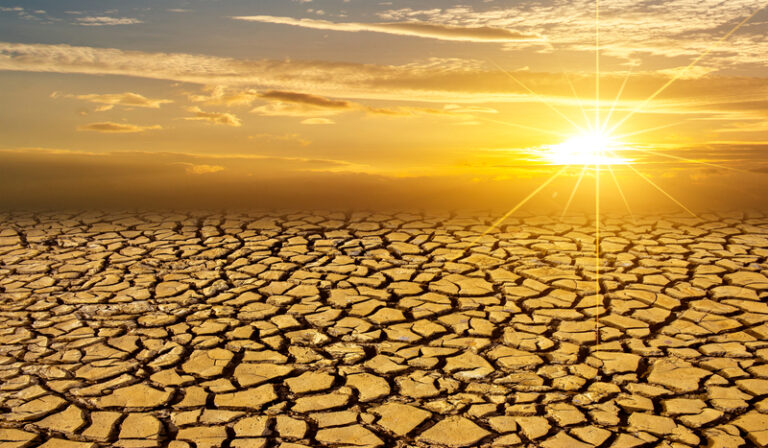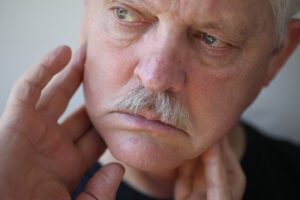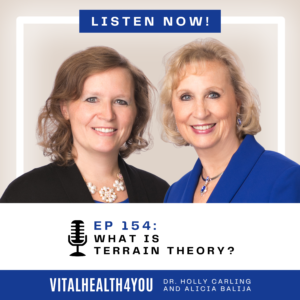As the days become unseasonably hotter, the risks of heat-related illnesses, such as dehydration, heat cramps, heat exhaustion and heat stroke (or sun stroke) become a concern.
Because heat stroke can kill you, it is important that you know how to prevent it, you know the signs as it progresses, and that you know what to do if it happens.
Signs of dehydration include: Increased thirst or dry mouth, feeling more tired or sleepy than usual, decreased urine output, and/or darker yellow than normal, dry skin, no tears when crying, dizziness. If you are chronically dehydrated, these symptoms may be the norm for you. Not good. If it becomes severe, the above symptoms worsen, plus you may have blood pressure drops when you stand quickly, and increased heart rate, higher body temperature, feel lethargic, confused, have a seizure, or go into a coma or shock. It’s nothing to mess around with.
You could also experience heat cramps. These cramps generally come on suddenly in the calves, feet or hands. The muscles become tense and hard and can become disabling.
Heat Exhaustion symptoms include sudden fatigue, nausea, headache, excessive thirst, muscle aches and cramps, weakness, confusion or anxiety, drenching sweats that can be accompanied by skin feeling cold and clammy, dizziness, fainting, and agitation. It is unlikely that all symptoms will be experienced.
Heat Stroke is the most serious heat-related illness. Although high temperatures are the most diagnostic, it is now found to not always be the case. Profuse sweating suddenly stops and skin will become dry, hot and red, heart beat will speed up, hyperventilation or rapid, shallow breathing or panting, nausea and/or vomiting, muscle cramps, and dark urine are good cues. As it progresses, coordination is difficult, confusion, headaches, dizziness/vertigo/lightheadedness, anxiety, restlessness, hallucinations, irrational behavior, seizures and even loss of consciousness may result. Obviously this can be quite serious and needs immediate medical attention.
If you think someone is having a heat-related illness, prompt attention is required. It is critical that within 30 minutes of the time the symptoms become obvious that they get cooled down – even before medical attention arrives. Take off any unnecessary clothing and move into a cool, shaded area. Fan the person down, immerse body in cold water if possible. Get them to drink water. Give salt if possible and a fruit drink. Never give a caffeinated drink (such as coffee, tea or soda) or alcohol. Get them to the hospital for I.V. treatment.
Prevention is most important. Hydrate well the day before, and especially the 2 hours before an activity in hot weather. On very hot days, don’t skimp on salt. Try to do activities at cooler times of the day. Get plenty of sleep as sleep deprivation is a precipitating factor. Be aware of medications that subject you to heat intolerance such as blood pressure, glaucoma, migraine, psychiatric, sleep and other medications. Ask your doctor which of your meds could subject you to heat problems.
Above all, be smart and avoid heat-related illnesses altogether.
©2018 Holly A. Carling, O.M.D., L.Ac., Ph.D.







